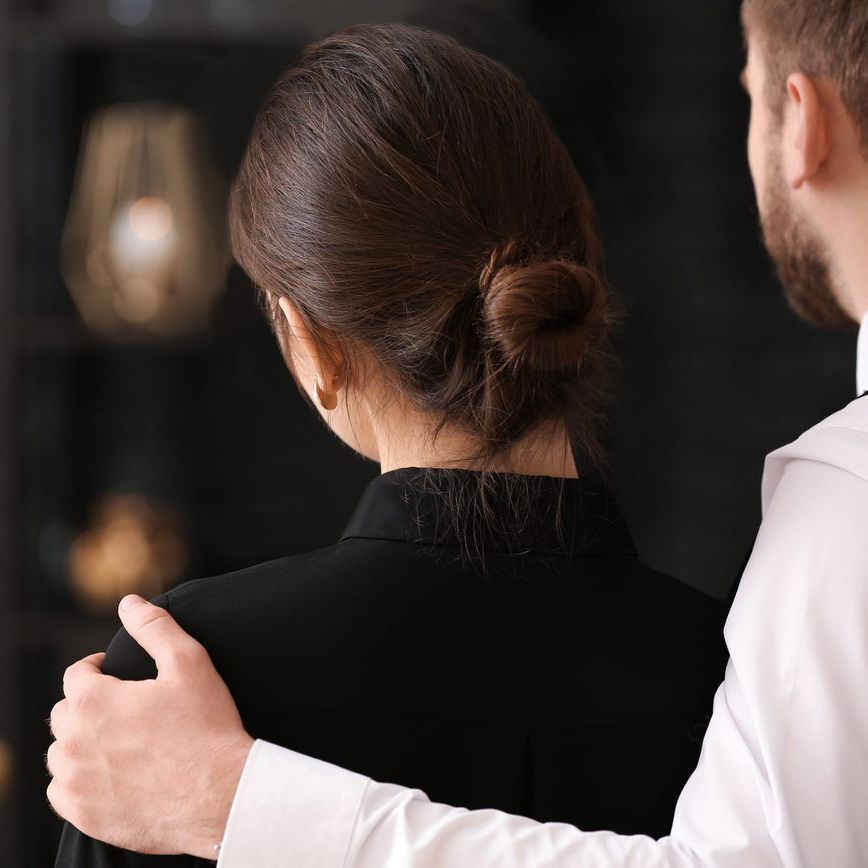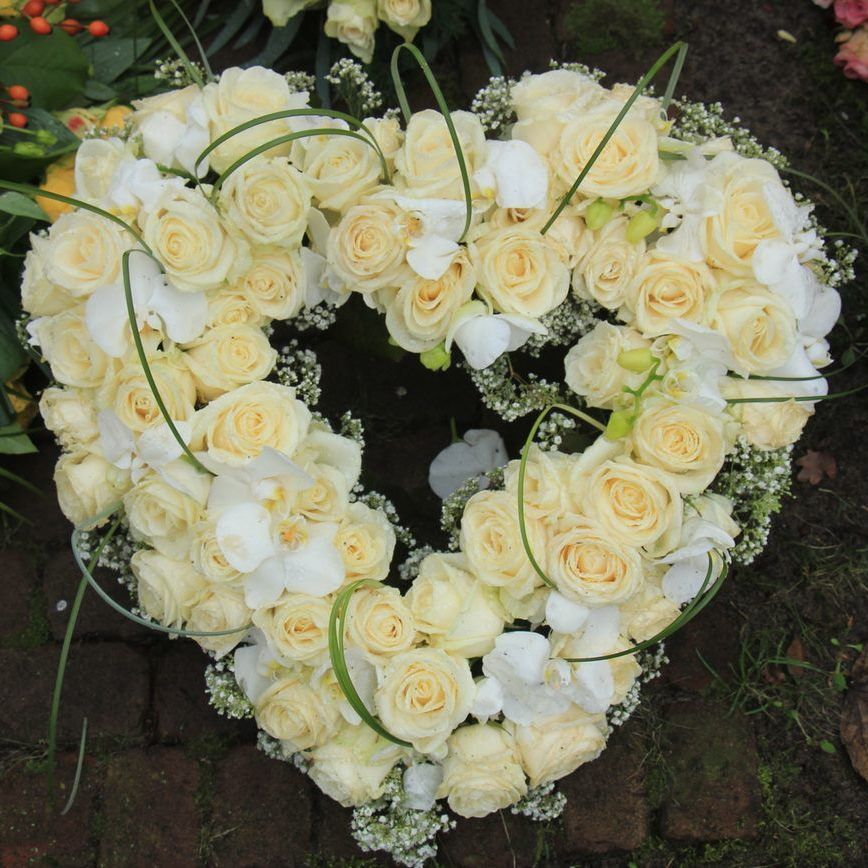Funeral Etiquette
When someone you know passes away, your first instinct is to offer encouragement, help, and support to those affected — but you may not be sure what to say or do. It's okay to feel this way.
Does it matter what I wear? Can I bring the children? What should I say to the family of the deceased? When should I visit?
Here’s some guidance on the proper etiquette of visitations and funerals, so you'll feel more comfortable and prepared for attending services.
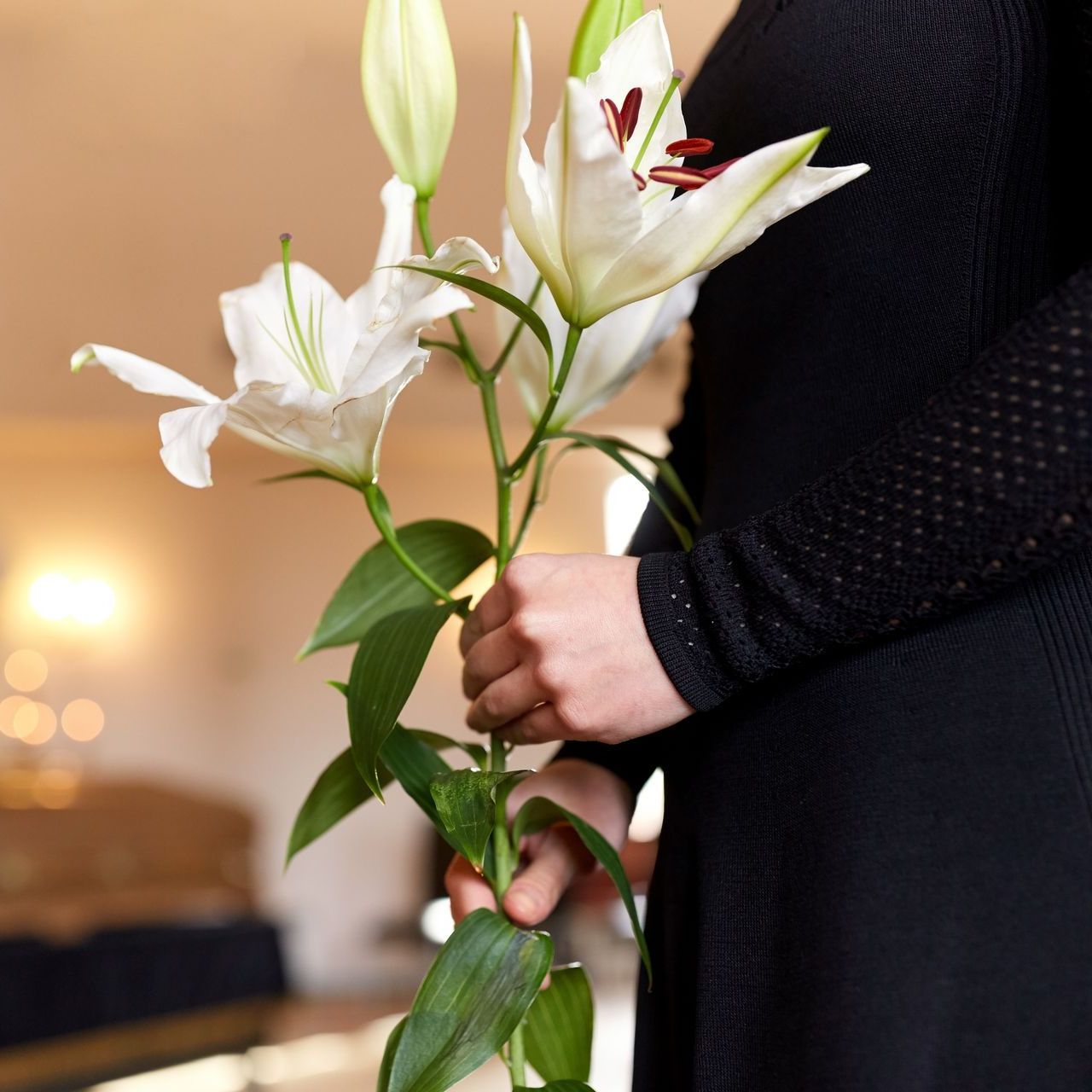
Attend the Funeral
Don’t skip the funeral, even if you didn’t know the person who died directly. If your co-worker, friend, or family member loses someone they love, be sure to attend at least one of the funeral events, whether it’s a visitation, wake or funeral service. Funerals are for the living, not the deceased, and your presence at the funeral is more important than you know.

Talk about the Deceased
During a visitation, it’s fine to catch up with friends and family you haven’t seen in a while, but always be sensitive of the circumstances. If you sense the conversation is drifting too much or is getting too boisterous for the family, bring it back around to remembering the deceased. Those who are in pain and closest to the one who died will appreciate your consideration.
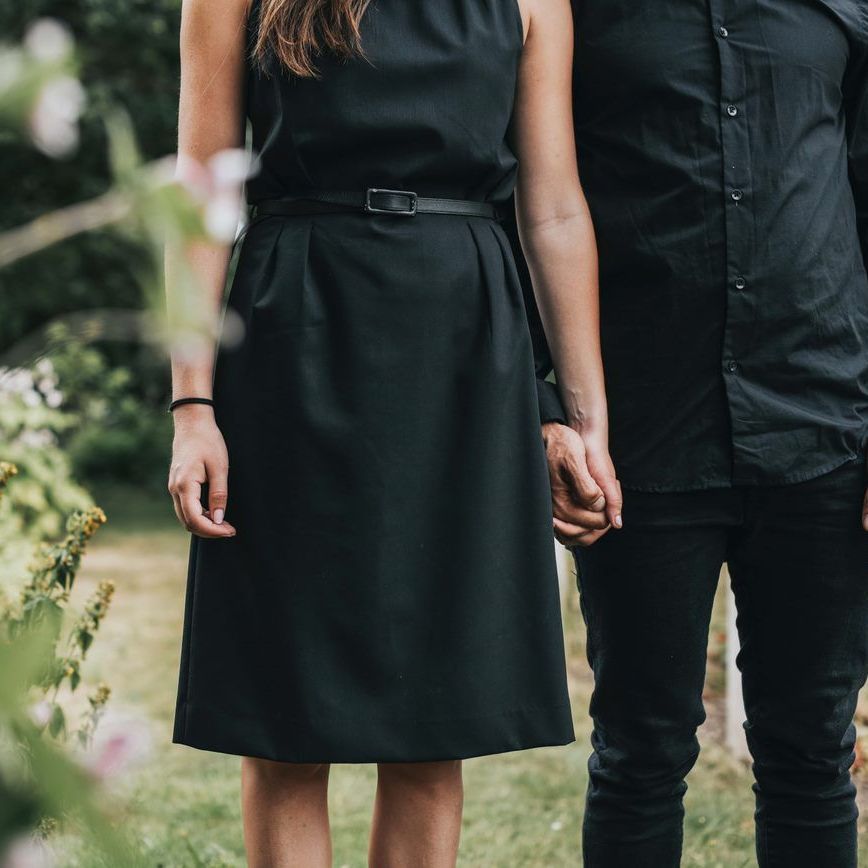
Dress Appropriately
Mourning attire has drastically evolved over the years. Modern culture has created a gray area of what type of clothing is appropriate for a farewell service. No matter what you decide to wear, the number one priority is to remain respectful. Clothes should never be revealing or contain explicit content. Sometimes the family will request specific attire they would like guests to wear to represent respect to their lost loved one, for example their loved one’s favorite color or sports jersey. If you have any doubts about what is acceptable to wear to the service, traditional and conservative black, gray, or navy attire is typically a safe choice.
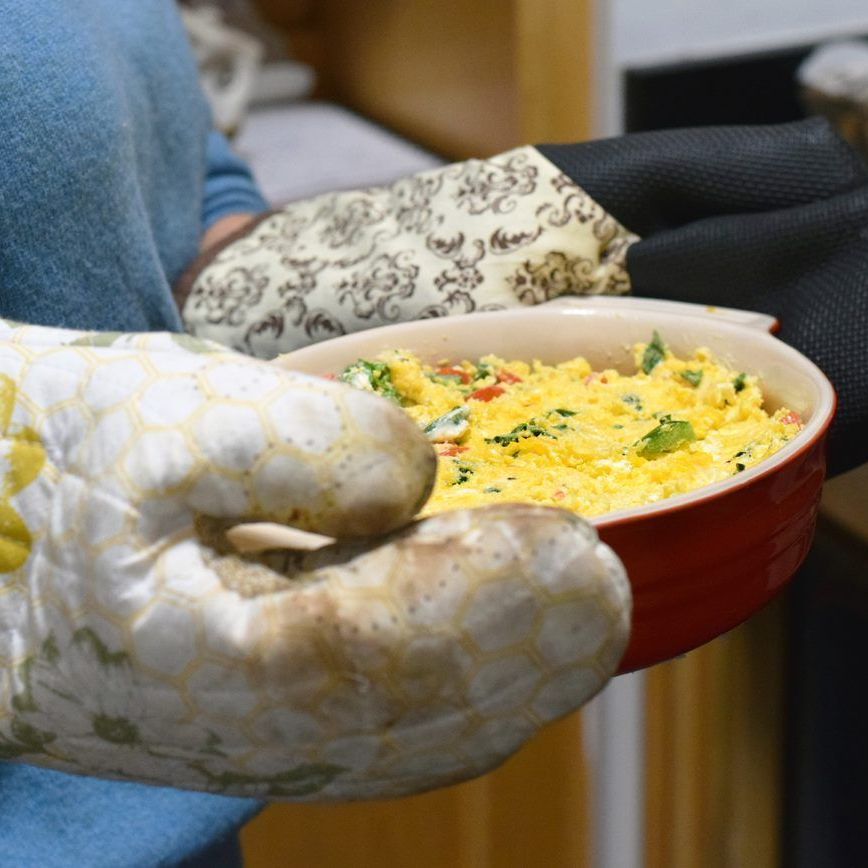
Provide a Meal
Friends often make an effort to convey their sympathy to the family by providing the gift of precooked meals. There are a few things to consider before offering your food to the family. First, ask the family if there are any allergy or dietary concerns you should be aware of. In addition, include a note or card with the meal. Not only is this a kind gesture, but the family will also be able to keep track of who dropped off which dish. The family most likely has others providing food during such an emotional time, and it can be difficult to remember which individuals assisted their family in a time of need. Also, use disposable foil baking pans or mark your pan with your name on it if you want to ensure you receive it back. By providing food you are not only giving a meal to the family, but also giving them comfort and care during a time of grief.
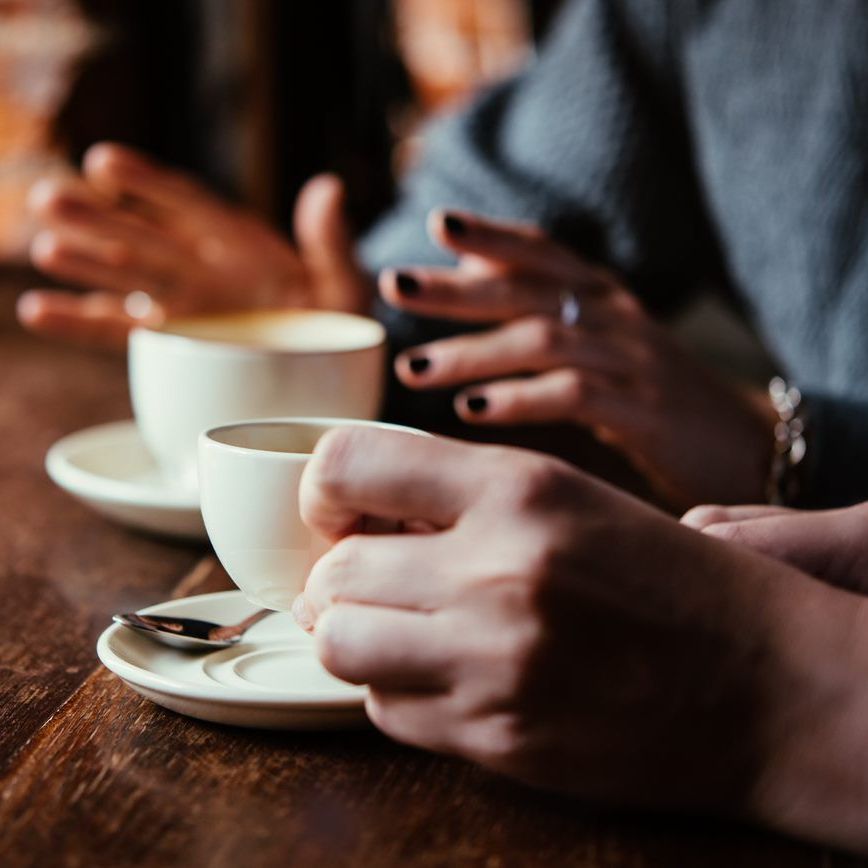
Stay in Contact
Attending a funeral gives you the opportunity to show your support to family and friends who are heartbroken. However, your presence should not end when the ceremony does. Grieving is a process and the road to healing does not have a timeline. Try to stay in touch with the bereaved weeks or even months after the farewell service. After they have had time to cope alone, they may wish to have someone there for them at a later time. If possible, attempt to find time to meet up and talk, or if you cannot be there in person, try to check in with a phone call. A small sign of someone caring can mean the world to a loved one who has experienced a loss.
If you are in doubt as to what to do at a funeral, take your cues from the family. A funeral is generally a solemn occasion, but at times the family will want to evoke a celebratory mood. Be sensitive to the needs and the mood of the family, and you can’t go wrong.



